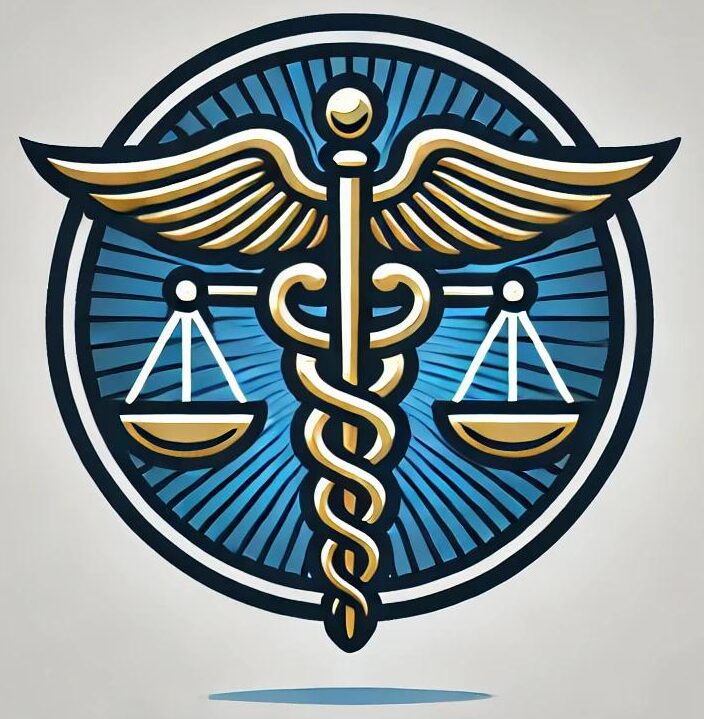The exact number of people in the United States who hold both a law license (JD) and a medical license (MD or DO) is difficult to determine, as no central database tracks this information comprehensively. However, it’s estimated that only a few hundred to a couple thousand people hold both licenses nationwide. This dual qualification is quite rare, given the significant time and training required to achieve expertise in both fields.
Career Paths for Dual MD/JD or DO/JD Holders
People with both medical and law licenses often pursue careers in specialized areas that blend both disciplines. Some of the common career paths include:
- Medical Malpractice Law
- Plaintiff’s Attorney: Represent patients in lawsuits against healthcare providers.
- Defense Attorney: Defend physicians or hospitals in malpractice suits.
- Dual-degree holders can leverage their medical expertise to better assess complex medical issues in legal cases.
- Healthcare Law and Policy
- Work in law firms, government agencies, or think tanks that focus on healthcare regulations, compliance, insurance law, or healthcare reform.
- Some might help draft legislation or provide legal expertise in areas like health insurance, bioethics, or FDA regulations.
- Health Administration
- Hold leadership roles in hospitals, healthcare systems, or insurance companies, dealing with legal, ethical, and medical concerns.
- They may also work in corporate healthcare management, balancing clinical operations with legal and business strategies.
- Academic Roles
- Serve as professors or researchers in medical schools, law schools, or interdisciplinary programs, focusing on bioethics, healthcare law, or medical-legal topics.
- Some may publish research in areas that require deep knowledge of both fields.
- Forensic Medicine
- Some MD/JD holders work in forensic pathology or forensic psychiatry, assisting law enforcement agencies, courts, or investigative bodies.
- They may serve as expert witnesses in criminal cases or work directly with medical examiners’ offices.
- Bioethics and Public Health
- Work as bioethicists, offering guidance on complex ethical dilemmas involving medicine, law, and public health (e.g., end-of-life care, reproductive rights, genetic engineering).
- Serve on ethics boards or advise healthcare institutions on legal and ethical policies.
- Pharmaceutical and Medical Device Industry
- Work as legal counsel or compliance officers for pharmaceutical or medical device companies, navigating regulatory issues and intellectual property concerns.
- Litigation and Risk Management
- MD/JD holders might serve as risk managers for hospitals or healthcare organizations, helping to prevent legal issues from arising and navigating risk in medical practice.
- Medical Licensing Boards and Regulatory Bodies
- Some work in regulatory roles, such as advising or leading medical licensing boards or organizations like the Food and Drug Administration (FDA).
Although these individuals are few in number, their dual expertise in medicine and law allows them to operate at the intersection of both fields, creating unique opportunities for leadership, policy influence, and specialized litigation.
